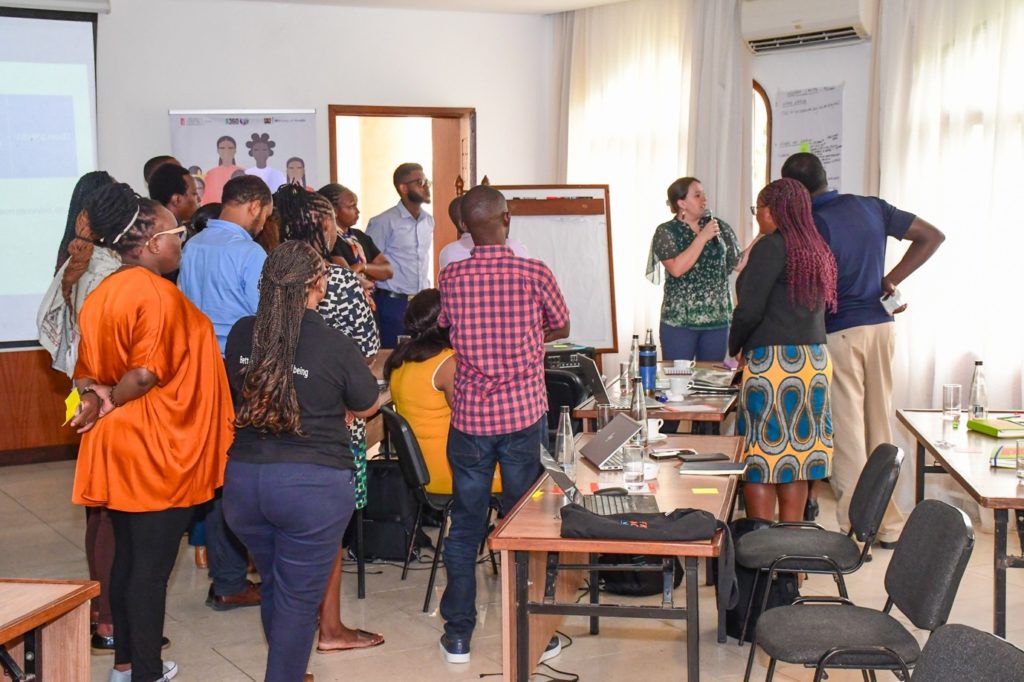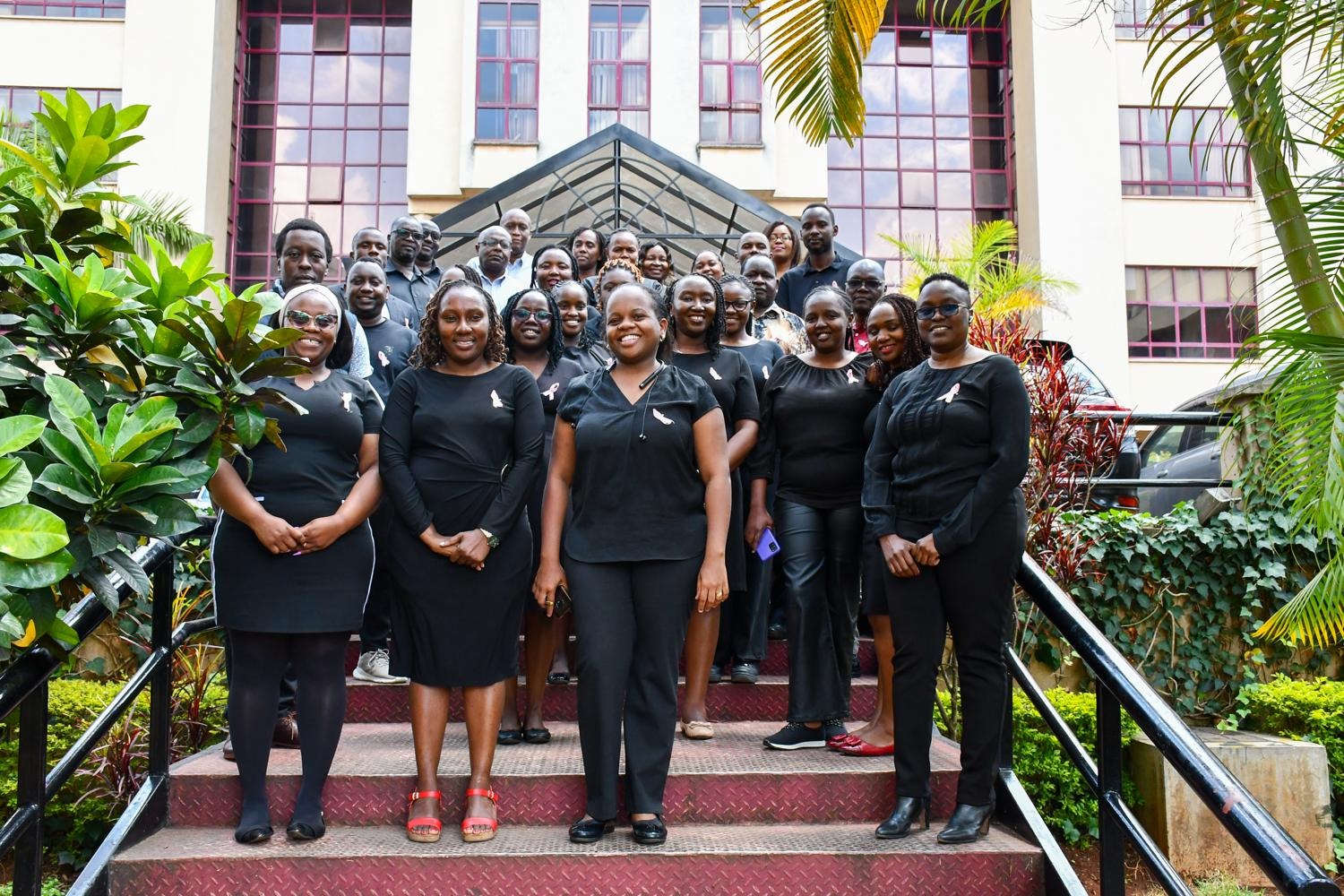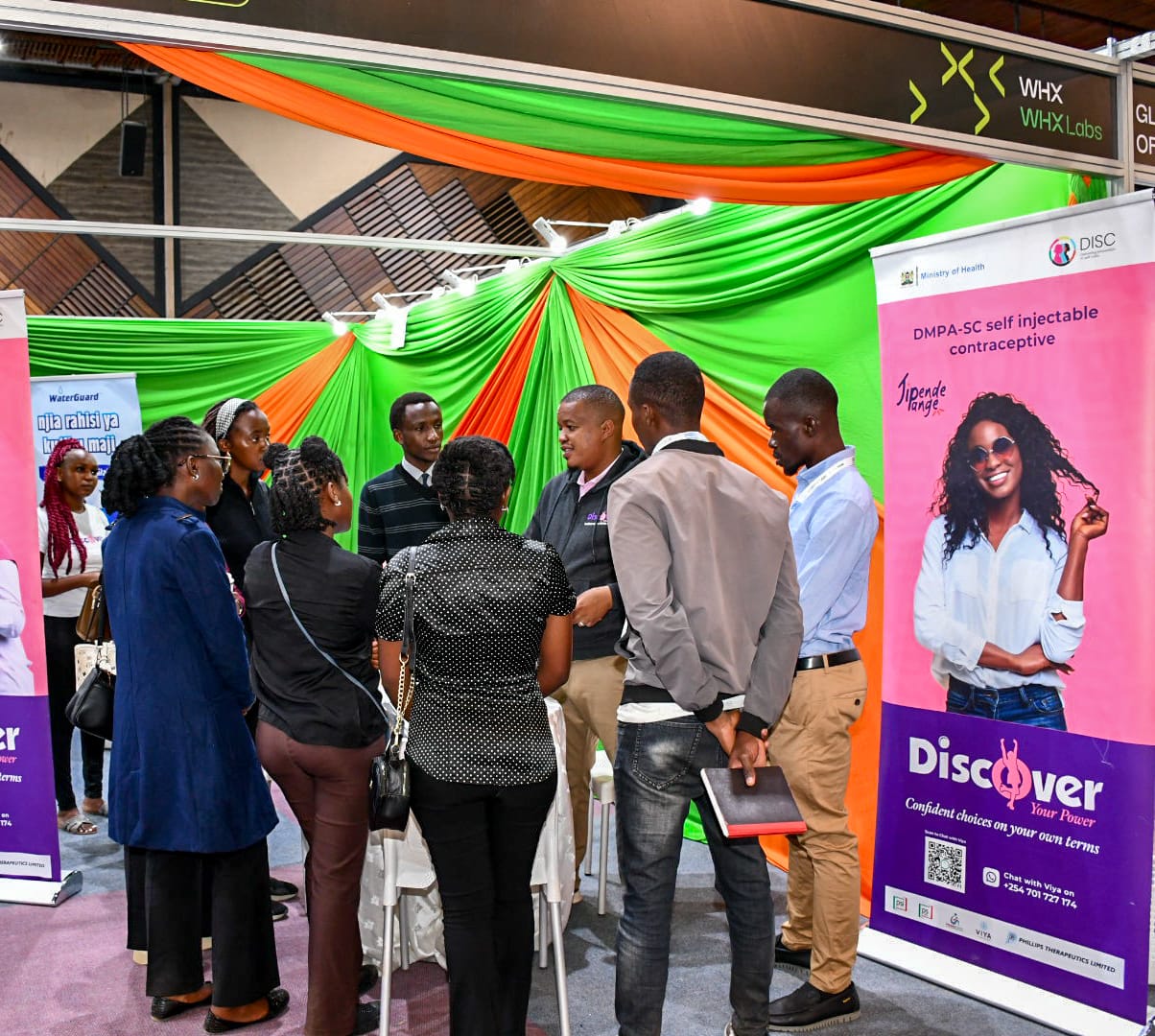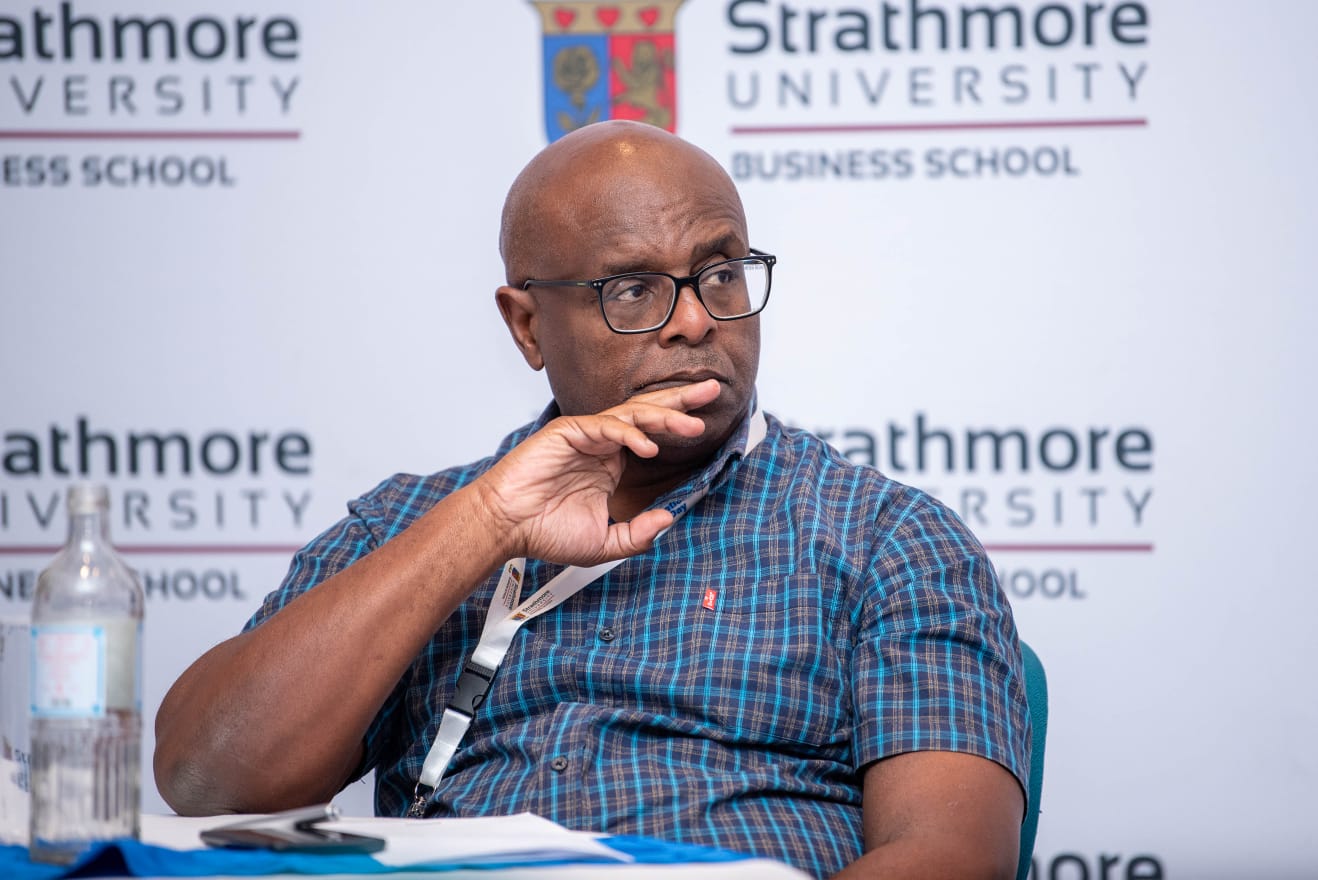Adolescents 360 (A360), a project aimed at improving adolescent sexual and reproductive health (ASRH) by increasing access to and uptake of modern contraceptives among girls aged 15 – 19 years in low- and middle-income countries, held its Annual Progress Review and Co-Creation Workshop in Kilifi County from May 5th to 7th, 2025.
The meeting brought together key stakeholders including PS Kenya, the Children’s Investment Fund Foundation (CIFF), the Kilifi County Health Management Team (CHMT), and representatives from Narok, Homa Bay, and Migori counties. In intentional deliberations, the stakeholders reflected on progress, shared learnings, and collaboratively planned the future of ASRH programming in Kenya, reinforcing their commitment to empowering adolescent girls across the country.
The three-day convening began with a donor field visit, offering a unique opportunity for donors to engage directly with young people, health service providers, and community champions who are actively involved in implementing the A360 approach. The visit provided a ground-level view of the project’s reach and impact, including testimonies from youth whose lives have been transformed through access to youth-friendly health services, mentorship, and skills-building initiatives.
Sharing her testimony during a community engagement session, Grace (not her real name) said:
“I appreciate the transformation that has taken place in my life since I joined Binti Shupavu. I had dropped out of school due to an early pregnancy, and at the time, I felt like I had lost everything. Many people deserted me, but through A360, I found a new direction. I accepted my reality and committed myself to learning new skills that are now helping me earn an income.”
The following two days featured in-depth review sessions and a participatory co-creation workshop. Government representatives from the county health department, partners engaged in robust discussions focused on achievements, gaps, and strategies to strengthen service delivery. The sessions emphasized data-driven decision-making, with participants reviewing key performance indicators and success stories from the past year.
A highlight of the meeting was the intentional involvement of adolescents and young people not just as beneficiaries but as key contributors to shaping the future of the project. Their insights, drawn from lived experiences, grounded the conversation in reality and brought forward innovative ideas for reaching underserved and marginalized youth, especially those out of school, parenting, or living in rural areas.
The co-creation process was structured to ensure collective ownership and alignment on the way forward. Stakeholders worked in thematic groups to identify priority areas for improvement and propose scalable solutions.

The meeting also offered a platform to showcase local innovations and best practices that have contributed to the program’s success in Kilifi and beyond. Stories of community mobilization, intergenerational dialogue, and integration of Adolescent Sexual Reproductive Health Right (ASRHR) services into existing health systems highlighted the importance of context-specific, culturally sensitive programming.



